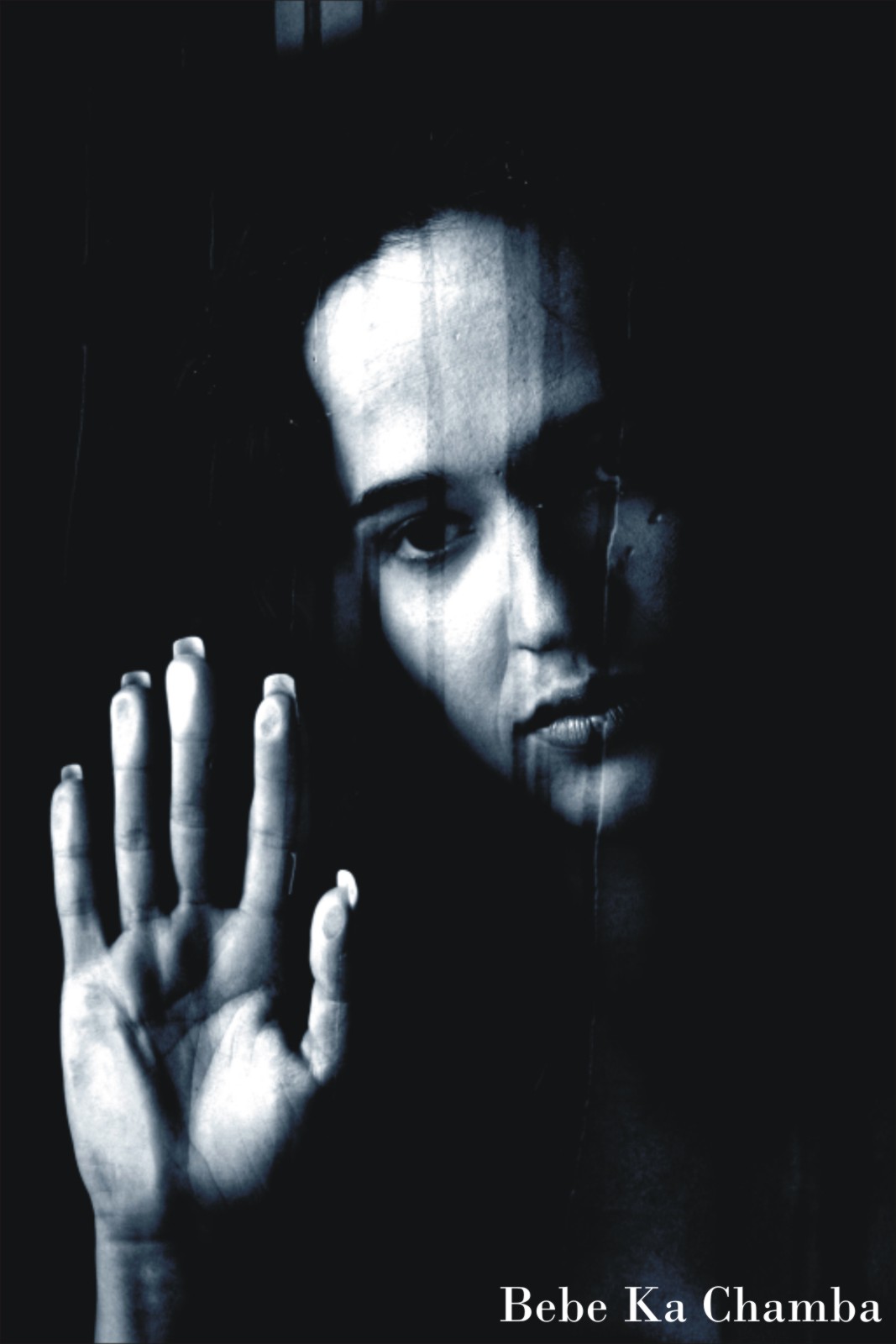Tales And Trails of The Season
Bebe Ka Chamba_poster.

Layered whispers of summer days meet the gleaming signs of winters, tresses of smokiness pass through filters of chaos and surrender, settling down on pavements grey, as primeval lives and nibbling scribes chant hymns of confusion and lies. I see them walking without a glance, up, straight, nothingness in their stance, then a few of hope and others in fantastical lands, goblets with thick squats of colour, dreams of vividness and little notes with stories, dramas and theories, historical dales, running past, through, erratic trails.
November brings in stories of people once again; it brings in dramatized lives, winter walks and traces of humour, forming trails of art through eclectic performances and dialogues. The India Habitat Centre in New Delhi becomes the centre stage for films and plays like Qissa-e-Parsi, Rudali, Bebe Ka Chamba, Third World Comedy and many others.
Qissa-e-Parsi, builds an understanding of the Parsi community, a film which takes us through the historical roots of the Zoroastrian faith, also looking into current debates on issues of inter-faith marriages, culminating into thoughts about a community which has been numerically small, yet culturally and socially formidable.
Bebe Ka Chamba, based on Federico Garcia Lorca’s The House of Bernarda Alba, is a play directed by Sohaila Kapur, highlighting the themes of seclusion, passion, repression and conformity through a compelling portrayal and study of women in mourning who are not allowed contact with the outside world. Third World Comedy at the Habitat Centre involves an evening of comedy, through sketches, improvisation and parody songs, narrating the reality of a third world nation.
Sufi music by Ustad Shafqat Ali Khan, poetry by Sandeep Silas and Kathak performance by Astha Dixit, converge into an evening of music, poetry and dance; Ibadat-e-Aman has been presented by the Habitat world in collaboration with Peace Bridge of Music.
Little instances of art keep settling down on winter’s trails, building an air of imaginativeness and ingenuity, waking up to sounds of quieter days, around creative corners; sound, action and drama forming minutes of knowledge, ecstasy and agitation.
Partition narratives at the India Habitat Centre recounted by witnesses and story collectors from both sides of the border, takes us back to stories of a time unique, into compelling cultural practices, largely lost today.
Afsane Purane-Tarane Suhane, a first in a series of winter walks takes us about the Purana Qila; guided, narrated and led by Delhi aficionado, Beeba Sodhi, a historian and pedagogue.
The India International Centre showcases a two day festival of solo choreographies through “Revisiting the Solo” by Ek Anant. The solo performances are in various classical styles, presenting performative and educative aspects of solo choreographies. Highlights of the festival include lectures, audio - visuals and commentaries.
The month weaves sketches of the past, of lives drawn into drama, repression and rebellion, hope and fear, a few hours of blistering theatricals, an hour through historical traits, stories laid out through voices, fading away into people’s minds, bearing tales bygone, sculpting passages through time.
Events at the India Habitat Centre, Lodi Road, New Delhi
Qissa-e-Parsi: The Parsi Story (Directed by Divya Cowasji, Shilpi Gulati) 18th November, 7:00PM
Ibadat-e-Aman, an evening of Sufiyana Kalam: 21st November, 7:15 pm
Partition Narratives: 22nd November, 7:00pm
Purana Qila: Afsane Purane-Tarane Suhane, winter walk by the Habitat World, 23rd November, 8:00am
Third World Comedy (a stand up comedy): 23rd November, 7:00pm
Bebe Ka Chamba: India Habitat Centre: 29th and 30th November, 7:00 pm
At the India International Centre, Lodi Road, New Delhi
Revisiting the Solo by Ek Anant: 21st and 22nd of November, 10:30am to 8:30pm


